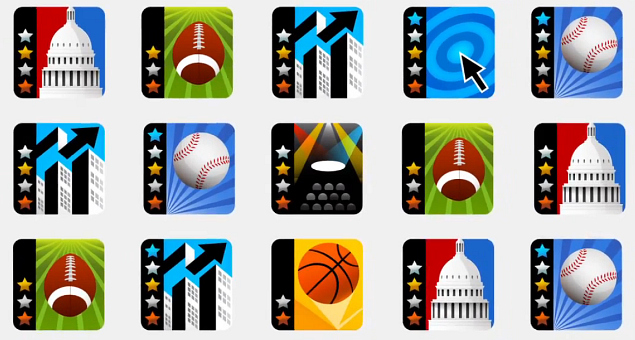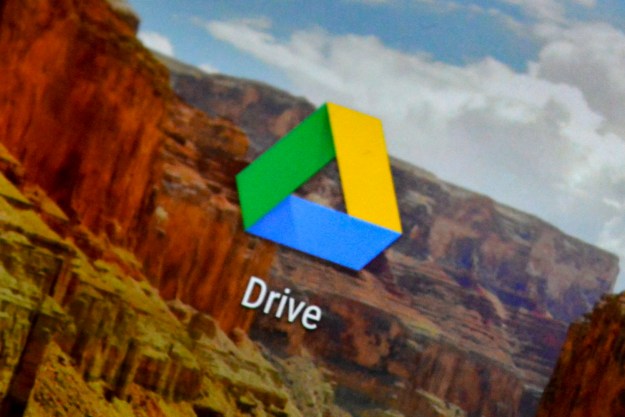 “Keep track of what you’re reading, read more of what you like, and share what you love with friends,” says the man at the end of the latest video posted on the official Google blog.
“Keep track of what you’re reading, read more of what you like, and share what you love with friends,” says the man at the end of the latest video posted on the official Google blog.
He’s talking about the introduction of Google News badges, launched on Thursday initially for the US edition of Google News. According to the blog post, “The more you read, the higher level badge you’ll receive, starting with Bronze, then moving up the ladder to Silver, Gold, Platinum and finally, Ultimate.”
More than 500 badges are available, covering just about every type of news. There are, for example, colorful little badges for stock market news, Harry Potter news (see, every type of news), Chicago White Sox news – you name it, there will probably be a badge for it (just don’t be too obscure).
The post, written by Google engineer Natasha Mohanty, explains: “Your badges are private by default, but if you want, you can share your badges with your friends. Tell them about your news interests, display your expertise, start a conversation or just plain brag about how well-read you are.”
Whether news junkies are excited by the prospect of earning badges for the amount of news content they get through remains to be seen.
To try it out, you’ll need to sign in to your Google account (with web history enabled) and visit the new feature’s help page.
In the same post, Mohanty also announces that the joint Sci/Tech news page is no more. “We have heard loud and clear from the many of you who asked us to separate our Sci/Tech section into two distinct sections,” she writes. “We are happy to report that we have now done this for all English editions, with more languages coming soon.”
Editors' Recommendations
- How to delete Google Chrome on Windows and Mac
- Google’s AI just got ears
- How to create folders and move files in Google Drive
- How to download files from Google Drive
- Google’s Incognito Mode is in trouble


